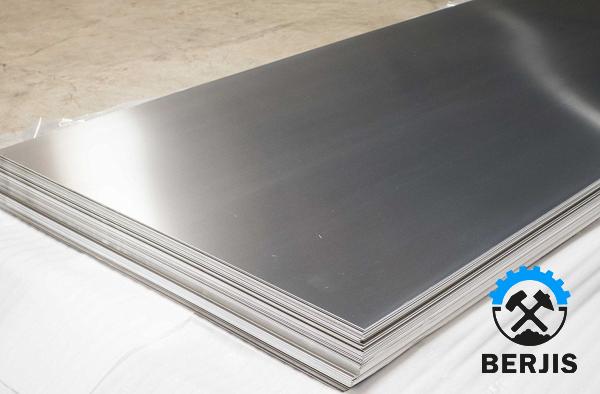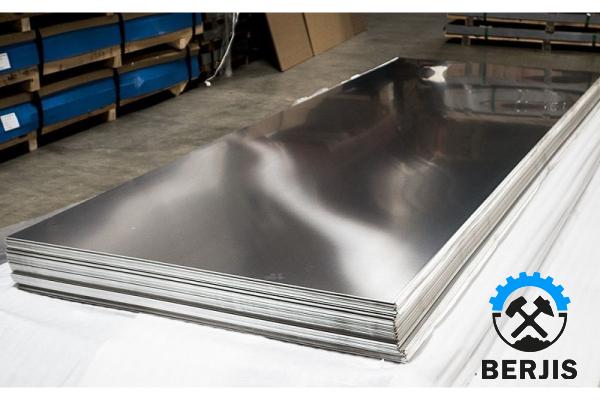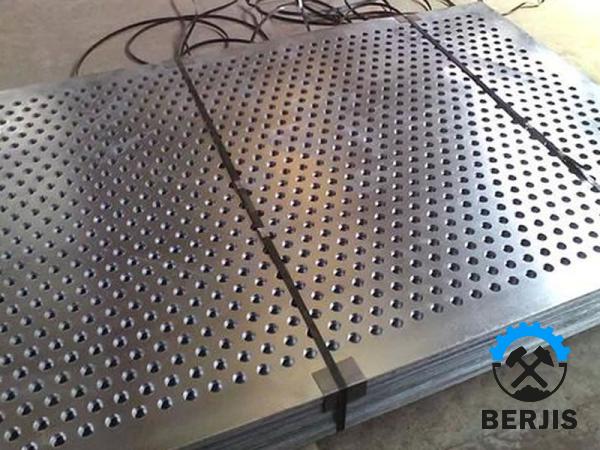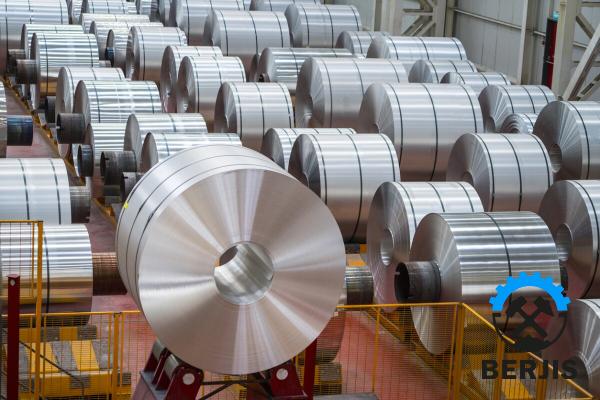Steel sheets are widely used in numerous industries due to their durability, versatility, and strength. One essential characteristic of steel sheets is their density, which plays a crucial role in determining their performance and suitability for various applications. In this article, we will explore the importance of steel sheet density and how it impacts different sectors. 1. Understanding Steel Sheet Density: Density refers to the mass per unit volume of a substance. In the steel industry, the density of steel sheets is typically measured in kilograms per cubic meter (kg/m3). The density of steel sheets is influenced by several factors, including material composition, temperature, and manufacturing processes.
.
 2. Structural Applications: In construction and engineering, steel sheet density is a key consideration in designing and constructing structures of exceptional strength. High-density steel sheets are employed in the construction of bridges, high-rise buildings, and other structures that require maximum structural integrity and load-bearing capacity. Steel with a higher density ensures enhanced stability and support, contributing to safer and more durable construction. 3. Automotive and Aerospace Industries: Steel sheets with specific density requirements find extensive use in the automotive and aerospace sectors. Lighter but dense steel sheets are utilized to manufacture automobiles and aircraft, as they enable weight reduction without compromising strength or safety. This enhances fuel efficiency and increases payload capacity for aviation applications.
2. Structural Applications: In construction and engineering, steel sheet density is a key consideration in designing and constructing structures of exceptional strength. High-density steel sheets are employed in the construction of bridges, high-rise buildings, and other structures that require maximum structural integrity and load-bearing capacity. Steel with a higher density ensures enhanced stability and support, contributing to safer and more durable construction. 3. Automotive and Aerospace Industries: Steel sheets with specific density requirements find extensive use in the automotive and aerospace sectors. Lighter but dense steel sheets are utilized to manufacture automobiles and aircraft, as they enable weight reduction without compromising strength or safety. This enhances fuel efficiency and increases payload capacity for aviation applications.
..
 4. Energy Sector: The energy industry relies heavily on steel sheets with optimized density. Power plants and wind turbines often use high-density steel sheets as a supporting material due to their ability to withstand extreme environmental conditions. These sheets ensure the structural stability and longevity of the equipment, allowing for the generation and transmission of energy with minimal downtime or maintenance requirements. 5. Marine and Offshore Applications: Marine and offshore industries require steel sheets with specific density characteristics to fabricate structures that can withstand harsh oceanic conditions. Steel sheets with higher density play a vital role in the construction of ships, oil rigs, and offshore platforms, ensuring stability and resilience against challenging marine environments, including corrosive saltwater and heavy waves.
4. Energy Sector: The energy industry relies heavily on steel sheets with optimized density. Power plants and wind turbines often use high-density steel sheets as a supporting material due to their ability to withstand extreme environmental conditions. These sheets ensure the structural stability and longevity of the equipment, allowing for the generation and transmission of energy with minimal downtime or maintenance requirements. 5. Marine and Offshore Applications: Marine and offshore industries require steel sheets with specific density characteristics to fabricate structures that can withstand harsh oceanic conditions. Steel sheets with higher density play a vital role in the construction of ships, oil rigs, and offshore platforms, ensuring stability and resilience against challenging marine environments, including corrosive saltwater and heavy waves.
…
 6. Manufacturing Processes: Steel sheets with different densities are also essential for manufacturing processes that require specific mechanical properties. Different densities allow for customization, enabling industries to cater to specific requirements in terms of thermal conductivity, electrical resistance, and formability. Conclusion: The density of steel sheets has far-reaching implications for different sectors, including construction, automotive, aerospace, energy, marine, and manufacturing industries. The selection of the appropriate steel sheet density is critical to meet specific requirements and optimize performance. By considering the appropriate density, industries can ensure the structural integrity, safety, and longevity of their products and contribute to sustainable and efficient development in their respective sectors.
6. Manufacturing Processes: Steel sheets with different densities are also essential for manufacturing processes that require specific mechanical properties. Different densities allow for customization, enabling industries to cater to specific requirements in terms of thermal conductivity, electrical resistance, and formability. Conclusion: The density of steel sheets has far-reaching implications for different sectors, including construction, automotive, aerospace, energy, marine, and manufacturing industries. The selection of the appropriate steel sheet density is critical to meet specific requirements and optimize performance. By considering the appropriate density, industries can ensure the structural integrity, safety, and longevity of their products and contribute to sustainable and efficient development in their respective sectors.




